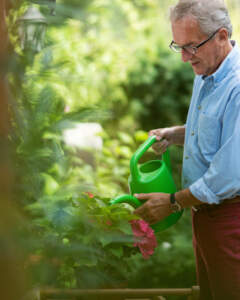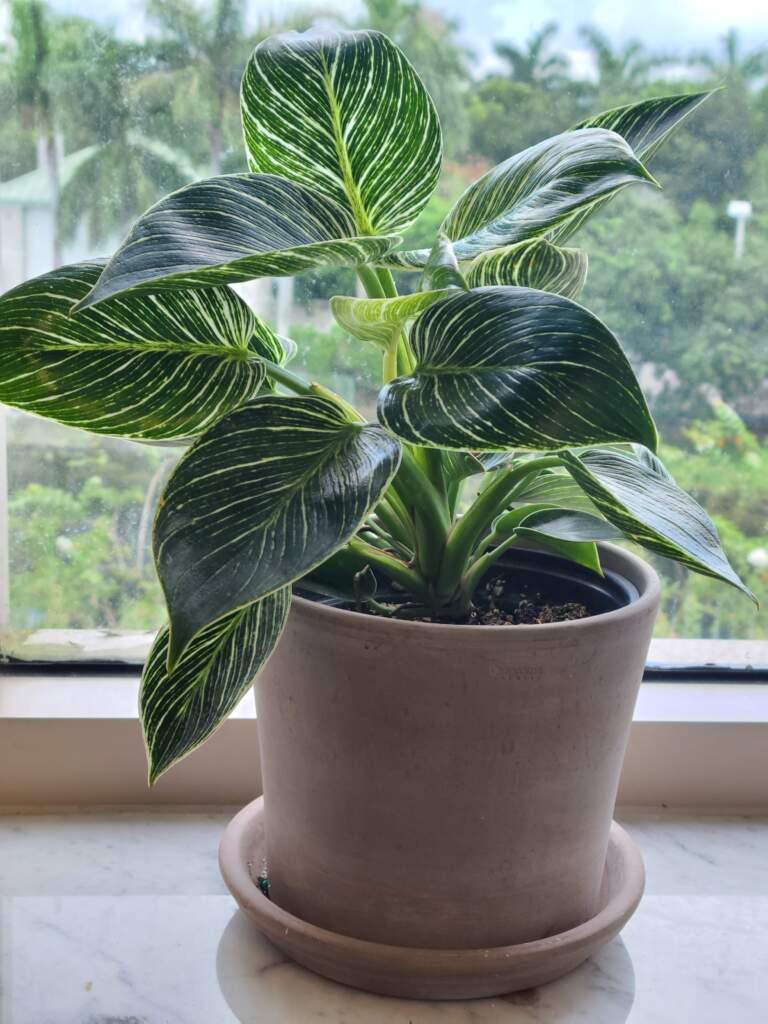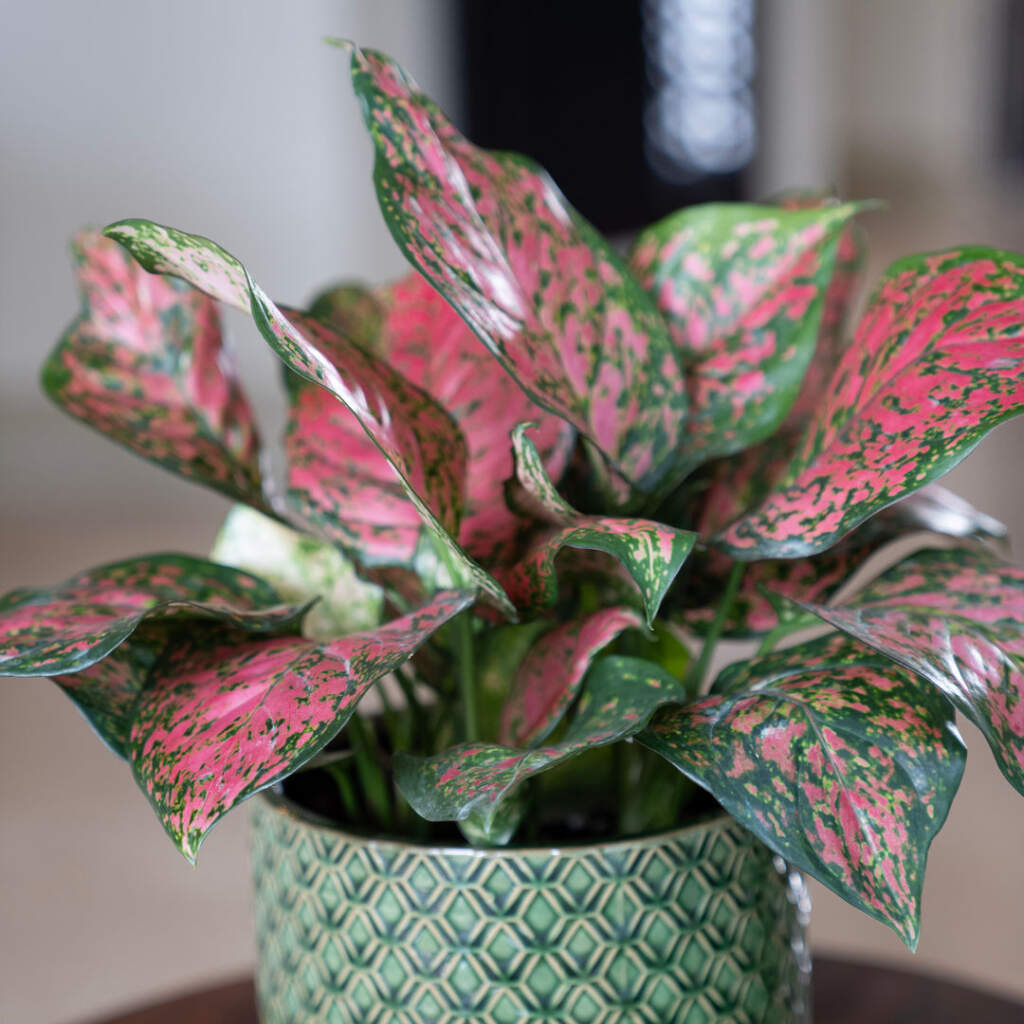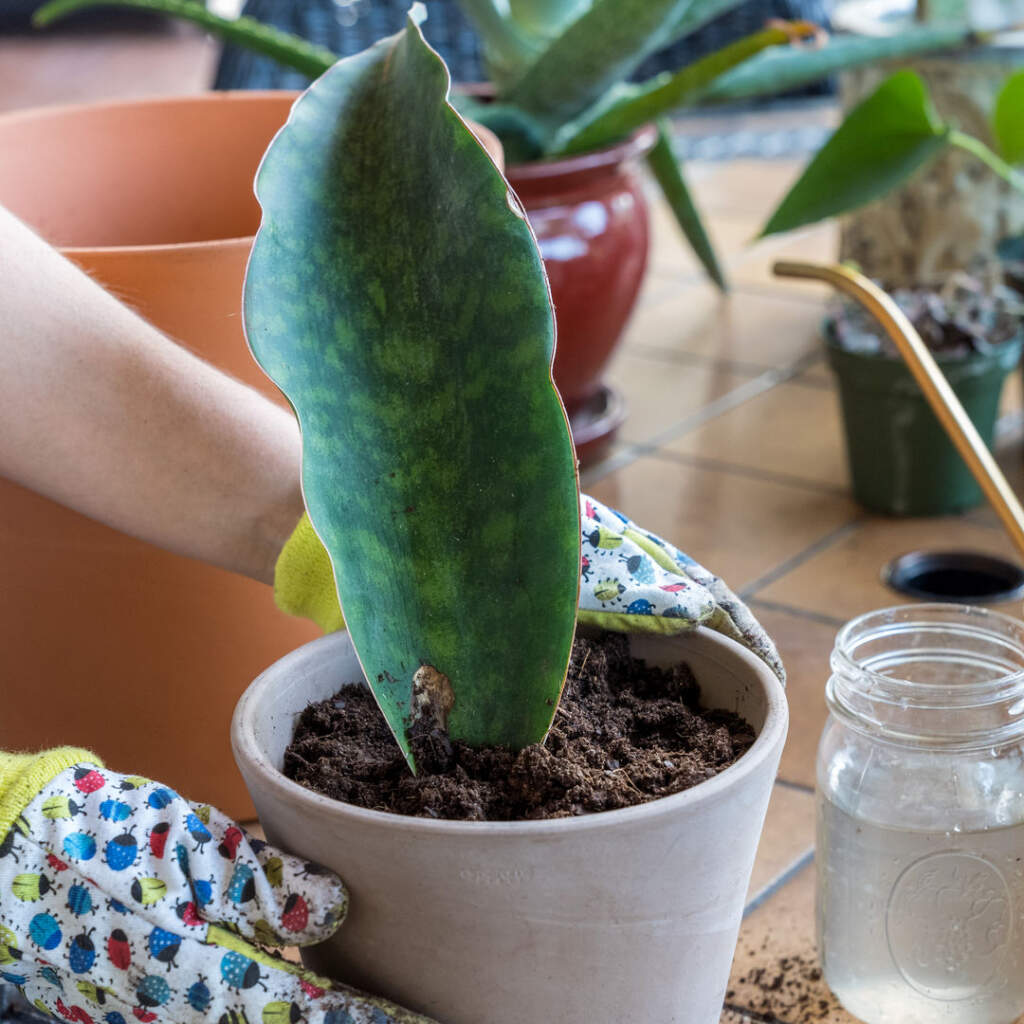How can plants affect your mental health?
Try gardening to boost your mood!
Getting through the winter months may seem like a difficult task at times, with dry air and short days, but it is about to get better!

I bet you’ve heard of the “winter blues” before. I sure have, as many of the people I encounter every day have run away from the northern states for good or do so every winter (the so-called “snowbirds”). It is not only for the inconvenience of shoveling snow or physical problems that get worse in the cold.
Seasonal depression is a medical condition that affects more than half a million of Americans every winter. It seems to be related to the less availability of sunlight, which alters the mechanisms that regulate mood, sleep and hormones in our bodies, leading to tiredness, sadness, weight gain, lack of motivation, among other symptoms. As other types of depression, this disorder is treated by means of pharmacological and lifestyle therapies that are initiated and guided by medical professionals.
Recently, horticulture has been introduced as an activity that may be used as a form of therapy, as it has shown to provide a mindfulness experience to those who practice it. Think about it. From the task of checking every single plant to determine if they need watering, to the meticulousness of pruning, gardening requires a good amount of concentration, responsibility and dedication. It is an activity that provides with the rewarding experience of seeing the plant thrive. Is an activity that puts you closer to light and even outdoors. It gives you a boost of confidence as you admire the fruit of your efforts and you learn a new skill. It beautifies the space around you and purifies the air you breathe. And now, in the era of social media, it connects you with people who share the same interest. Sounds like an all-around fantastic mood booster, doesn’t it?
It does! And there has been a lot of research in this area.

Let’s look for example at the study published last year in the Journal of Positive Psychology “Nature contact and mood benefits: contact duration and mood type”. In this study, the researchers compared two group of students, one who sat in an urban park for just 5 minutes and another who sat in a windowless lab. The first group showed significant increases in positive emotions compared to the second group.
Another example was the 2014 study conducted in University of Exeter Medical School in England which found that moving to greener areas was an immediate mood booster. This was similarly proven in a study from Stanford University in which participants who walked for 90 minutes through a green park on campus, versus strolling next to a loud nearby highway, exhibited “quieter” brains and were less focused on negative aspects of their lives, compared to how they felt before the walk. This was also an almost immediate benefit of exposure to nature.
And the benefits go beyond mental health.

A study with the strongest level of evidence have been able to combine the findings of smaller research papers into a one, big conclusion: greenspace exposure provides a wide range of health benefits, with statistically significant reductions in blood pressure, heart rate, production of cortisol, development of diabetes and even a reduction in all-cause and cardiovascular mortality.
There are also studies that show that having a plant in a room, whether it is at home, at work or even hospitals, improves stress, anxiety and even tolerance to pain. Even nature pictures promote short term memory, as concluded in a 2016 study which stated, “among a growing number of interventions, nature exposure offers a quick, inexpensive, and enjoyable means to provide a temporary boost in executive attention” in older population.
In a world that has become as fast-paced as ever, it is easy to miss the opportunity to receive all the benefits that nature has to offer. What all these studies prove, is that it doesn’t matter how little or how many plants you have around you. Even small doses of green will make you healthier, happier and more productive.
My invitation is to bring greenery into your home as the cold months approach. You may find that you outlook of live may improve significantly by caring for plants.






